|
With most in-person author events still on hold indefinitely, I'm devoting one blog post each month to an author interview. Today's guest is Donald Levin, author of seven mysteries in the Martin Preuss series, as well as the novel The House of Grins (1992) and two books of poetry, In Praise of Old Photographs (2005) and New Year’s Tangerine (2007). The latest book in the Martin Preuss series, In the House of Night, officially launches Tuesday, October 6. You have published six books in the past nine years, with a seventh due out soon. What writing (and other) habits contribute to your productivity?
My experience taught me that if you’re going to be a writer, you need to approach it as a profession. You can’t sit and wait for inspiration, any more than a surgeon can wait to be inspired before performing an operation. You have to make yourself write, even if you don't feel like it. Inspiration and creativity come from writing, not the other way around. Once I started as a serious creative writer—producing novels, short stories, and poetry—I transferred that workmanlike attitude and those work habits that I developed. So when I’m working on a novel, I make sure I’m at work at the same time every day, and put in a full day of writing with a quota of 1,000 words. I’m very fortunate that I was able to retire from teaching five years ago so I have been able to devote a lot of time to writing. But even before I retired, I made time to write while working full-time. It can be done. According to your website, you have worked as a warehouseman, theatre manager, advertising copywriter, scriptwriter, video producer, and political speechwriter as well as professor and dean at Marygrove College. How does this varied work background serve you as an author?
And second, I get bored easily (the polite way of saying the same thing is, I have always been intellectually restless) so I’ve always wanted to be as versatile as possible. This not only helped me find work because I could do a lot of different things, but having all those different kinds of jobs kept me learning new things and figuring out how to explain them to other people. That’s one of the things I most love about writing: I’m constantly learning new things. Your Martin Preuss series is set in Ferndale, Michigan. How important is setting to your stories, and what made you choose Ferndale?
I chose Ferndale mostly as a matter of convenience: I live there. When I want to scout locations, I can just walk around to soak up the sights and sounds. I like to say that people can walk around with any of my books in their hands and see where the locations are. There’s also another reason why I chose Ferndale: one of my favorite writers is Henning Mankell, who set his mystery series in Ystad, a small city in Sweden. As it happens, Ferndale is almost exactly the same size as Ystad, so I feel like I’m making an homage to Mankell by giving my detective a beat similar to Mankell’s Wallander. What goes into creating a fictional character for a series? Are there any differences with creating a main character for a stand-alone novel?
So when I started the first Preuss novel, I had planned (or hoped, I should say) that it would be part of a continuing series. As I’ve written the books, Preuss has sort of unfolded himself to me as a character, and I’ve gotten to know him better and better—and my readers have, too. Another important aspect of writing the Preuss series for me and my readers is Preuss’s son, Toby. Toby is multiply handicapped and lives in a group home, but he is an integral part of Preuss’s life. Indeed, the relationship between Toby and his father is, in my humble opinion, at the heart of the series. Martin Preuss loves his son fiercely and cares for him with great tenderness, and Toby returns the love unconditionally. One reviewer called their relationship “a touching element that’s a constant in the series”; another reviewer noted, “The complexity of the main character and especially his deep love for his handicapped son draw the reader into the story in a way that few other mysteries do.” Toby has profound physical and cognitive disabilities, but the character is sweet, loving, joyful, and everybody’s favorite character in the books. (Also one of the few rounded, sympathetic portraits of handicapped characters I’ve seen.) Toby is based on my own grandson Jamie, who sadly passed away a few years ago; writing him as a continuing character in this continuing series gives me a chance to keep that wonderful young man alive for me and everyone who knew him. What would you like HeartWood readers to know about your mystery series and especially the soon-to-be-released In the House of Night?
Each book uses its crimes as a starting point for examining larger crimes and more significant social issues. The latest book, In the House of Night, perhaps most overtly deals with contemporary social and political concerns. The book emerged from my growing concern with the spread of white nationalism in this country. Set in 2013, the book looks at how the white nationalist movement began to edge into the mainstream of American culture. Here's the story: When the police investigation into the murder of a retired history professor stalls, friends of the dead man plead with PI Martin Preuss to find out what happened. The twisting trail leads him across metropolitan Detroit, from a peace fellowship center, a Buddhist temple, and a sprawling homeless encampment into a treacherous world of long-buried family secrets where the anguished relations between parents and children clash with the gathering storm of white supremacist terrorism. You typically divide your time between Michigan and Florida. Do your writing habits and routines change with a change of location?
Have you found it harder or easier to write during the COVID-19 pandemic? How has COVID-19 affected the way you interact with readers? As I mentioned in the last question, the pandemic quarantine made me rearrange my writing schedule a bit. And it’s played havoc in connecting with readers in books fairs and exhibits . . . they’ve all been cancelled this year. It’s made me rethink how I connect with readers. I always hold book launch parties for each new book with music, refreshments, readings, and so on. This year, out of concern for bringing people together, I’m organizing a virtual book launch for In the House of Night. It’ll be on my Facebook page (and Youtube, if I can figure out how to do it) on Tuesday, October 6, from 7 till 8 p.m. All writers have to deal with discouragement and doubt at times. How have you dealt with those negative emotions?
This writing life must not be for me, I decided. I’m just not good enough. Don’t have what it takes. So I gave up writing fiction. It was painful, even devastating. I had failed at the one thing I had wanted to do since I was little. But I still thought I had some chops as a writer, just not a fiction writer; I had already had several writing jobs, as I mentioned previously. I turned away from literature entirely; I turned away from reading. Instead I became the professional writer I described in my response to your first question. And I did well in that world. It came to pass that the writing I was doing for others relit that little holy pilot light. I started thinking about returning to fiction, and about writing under my own name. About the importance of stories in our lives. About the need to do it. In the gap between my fleeing from imaginative writing and returning to it—a ten year gap—I grappled with what success as a writer really meant, and more importantly what it wasn’t. I met editors, and became an editor myself, and realized how capricious and unpredictable the process really is. With the confidence I had gained, and with what I had learned about writing, I came through that decade of despair by learning that the writing itself and the changed qualities of mind and heart that accompany writing really are more important than the approval suggested by acceptance by others. As if that insight broke some self-imposed spell, in the years since I’ve published eight novels (seven in the Martin Preuss mystery series), two novellas, two books of poetry, a handful of stories, and dozens of poems in print and online journals. That voice shouting in your ear, the voice a friend of mine personifies as “Sid”—Self-Inflicted Doubts—never goes away. But with practice and wisdom, you can silence it long enough to get some good work done. And in the end, that’s really all that matters. Anything else you’d like to add? Many thanks for some great questions! I appreciate the opportunity to appear here. Find Donald Levin and his work here:
Website: www.donaldlevin.com Blog: www.donaldlevin.wordpress.com Amazon author page: https://amzn.to/32y8bLw Twitter: @donald_levin Instagram: Donald_levin_author Facebook: https://www.facebook.com/Donald-Levin-Author-121197194659672
6 Comments
9/30/2020 07:30:51 am
Outstanding questions and thoughtful answers. I loved hearing Don's behind the scenes peek into his writing life. I could identify with Don when he talked about the self-doubts. I too tried early to break into writing for magazines, but had only rejections, so my pilot light lost its spark until twenty years later, I started writing for newspapers and magazines. Congratulations on your latest release in the Martin Preuss series. Mystery lovers will enjoy these well-told tales!
Reply
9/30/2020 11:24:25 am
Thanks so much, Janet. I'm glad to hear my comments resonated with you, and very glad you got that pilot light lit again!
Reply
laura bailey
9/30/2020 10:52:49 am
Thank you for this! I not a reader of mysteries, but I'll read a local mystery, for sure. Struggling with doubt myself currently, and it's heartening to hear how he overcame this.
Reply
9/30/2020 11:27:10 am
Thank you, Laura. Good to hear my words struck a chord with you. I hope you enjoy the book, and best of luck with your struggle. We can't let SID (self-inflicted doubts) get the better of us!
Reply
Tonya Howe
9/30/2020 01:14:17 pm
Thankyou for your honesty and candor about self-doubt Mr. Levin.I recently wrote in my journal,"Early in the morning I had been beating myself up about my paintings.I asked myself,' Why do I even bother to paint? Nothing ever comes of it. They rarely if ever go anywhere . I'm not accomplishing anything.' Then later I realized, "Wait a minute! Painting actually helps me to look at the brighter side of life rather than the negatives. It's stress relieving. It feeds the soul. Being afforded to drop your worries is a reguvinating thing. It also helps me to notice the beauty around me, not to mention, maybe I'm honing my skill, So maybe I'm accomplishing something after all. Coincidentally and amazingly late in the day a vender friend handed me a check for one of my paintings she had sold. ♡
Reply
Sally F Pobojewski
10/1/2020 01:58:28 pm
I've not heard of the Martin Preuss mysteries, but they sound great.
Reply
Leave a Reply. |
Written from the heart,
from the heart of the woods Read the introduction to HeartWood here.
Available now!Author
Nan Sanders Pokerwinski, a former journalist, writes memoir and personal essays, makes collages and likes to play outside. She lives in West Michigan with her husband, Ray. Archives
April 2022
Categories
All
|
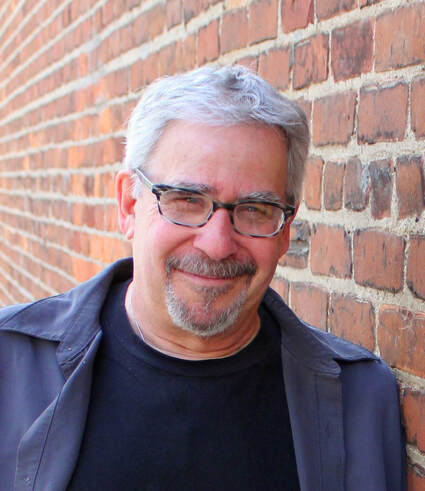
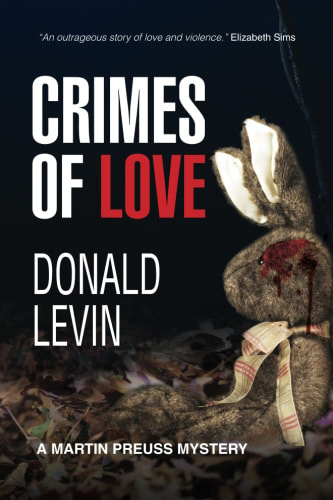
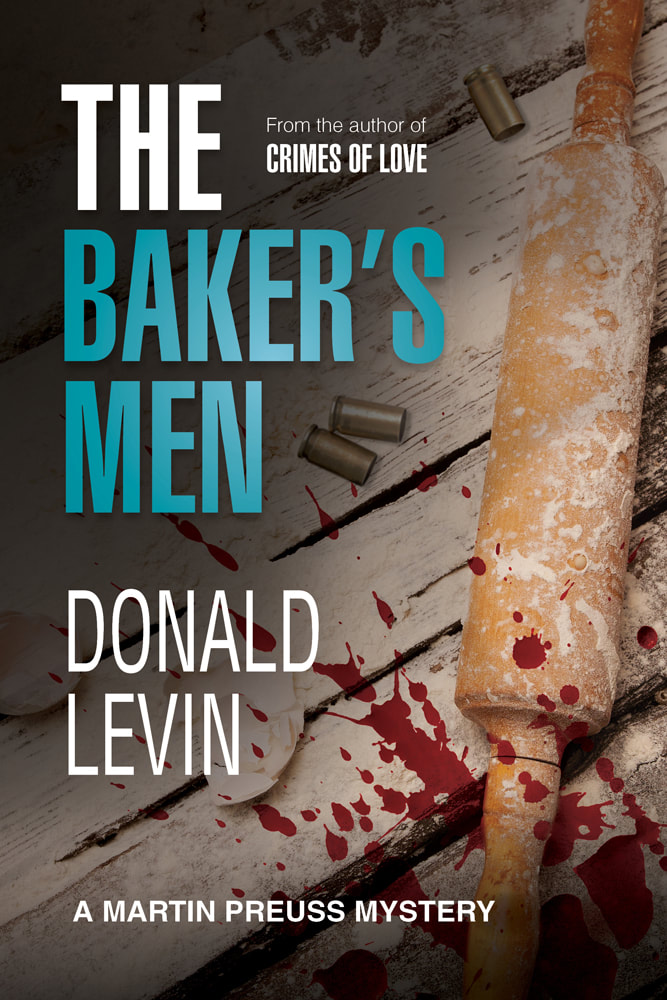
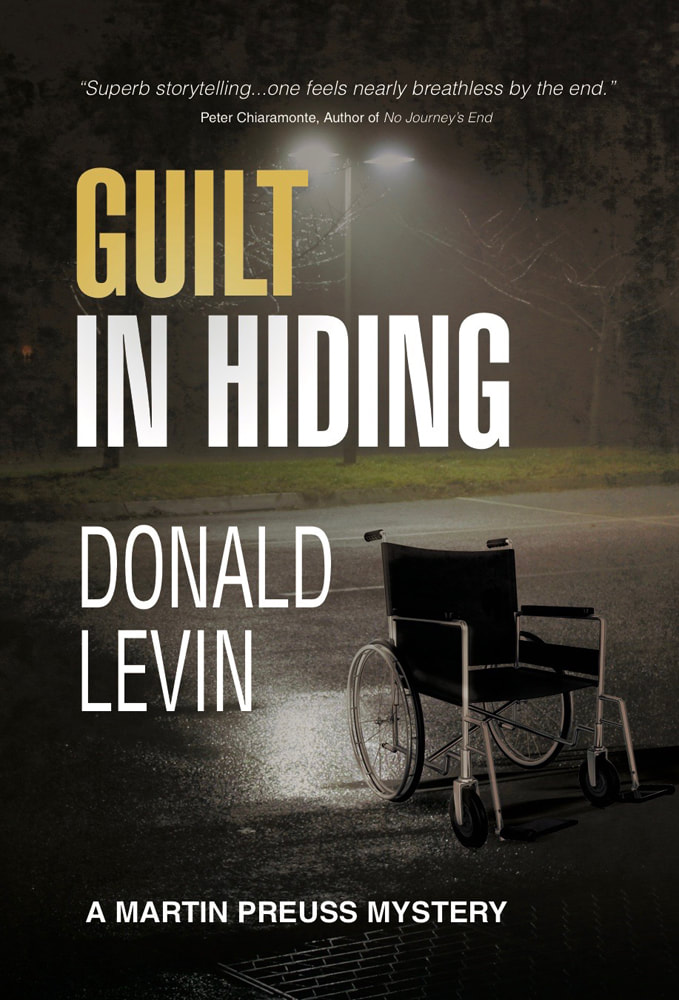
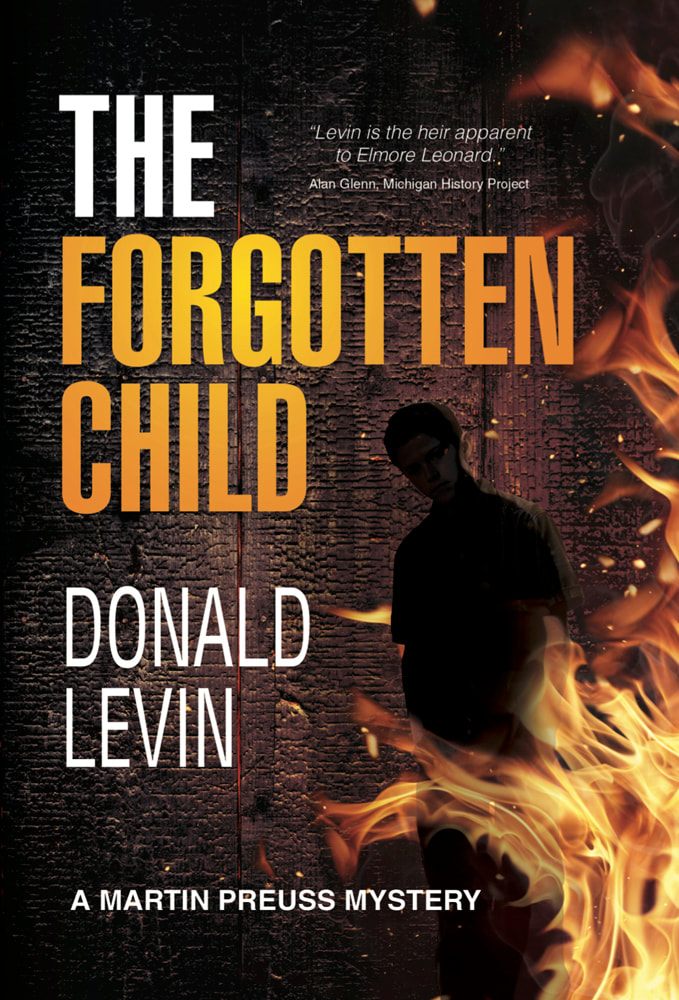
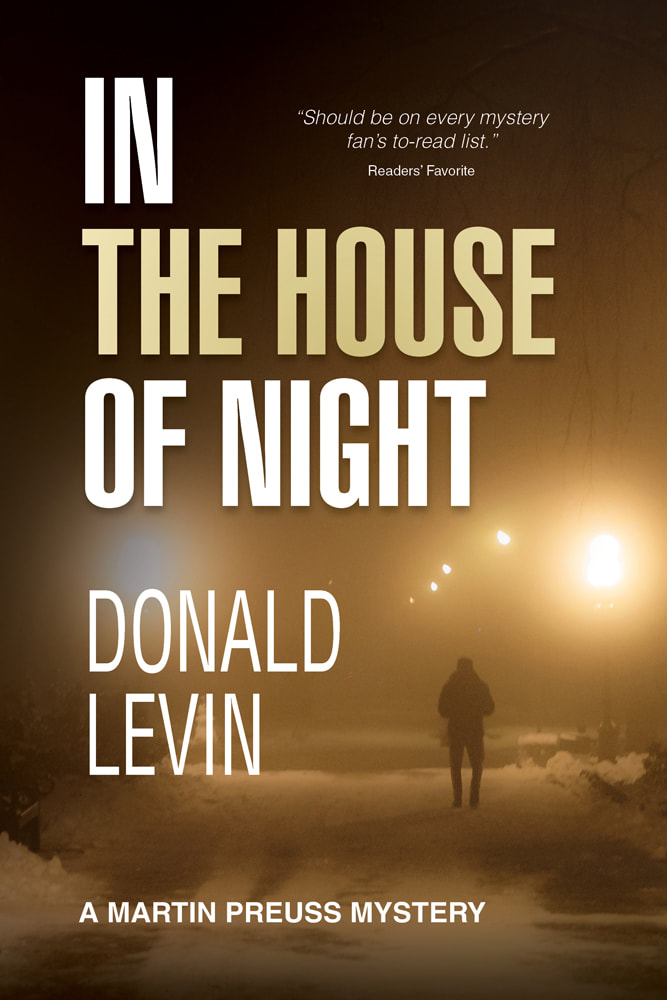
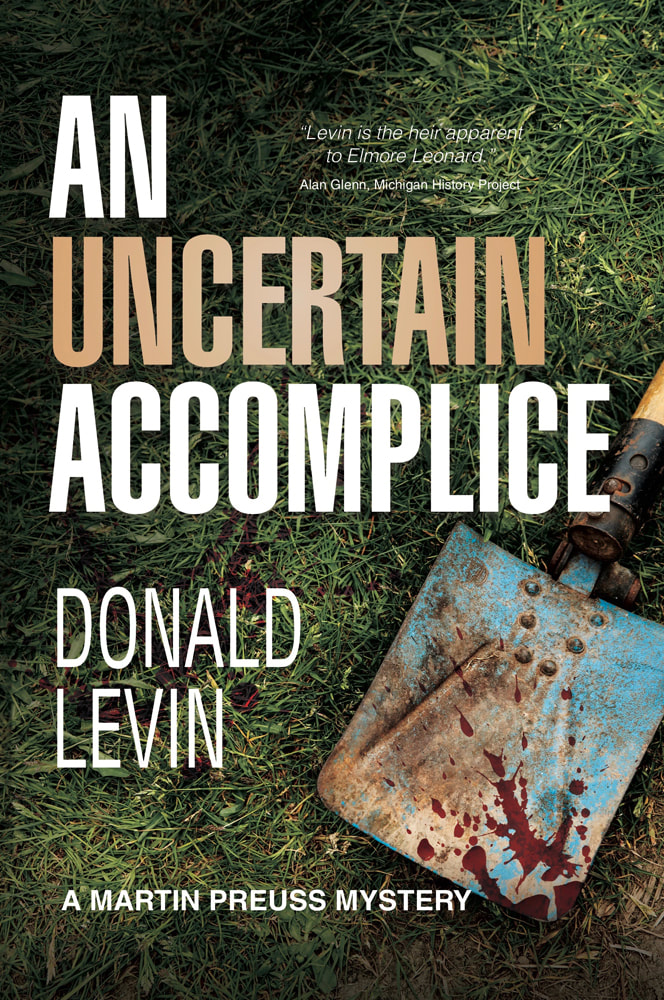
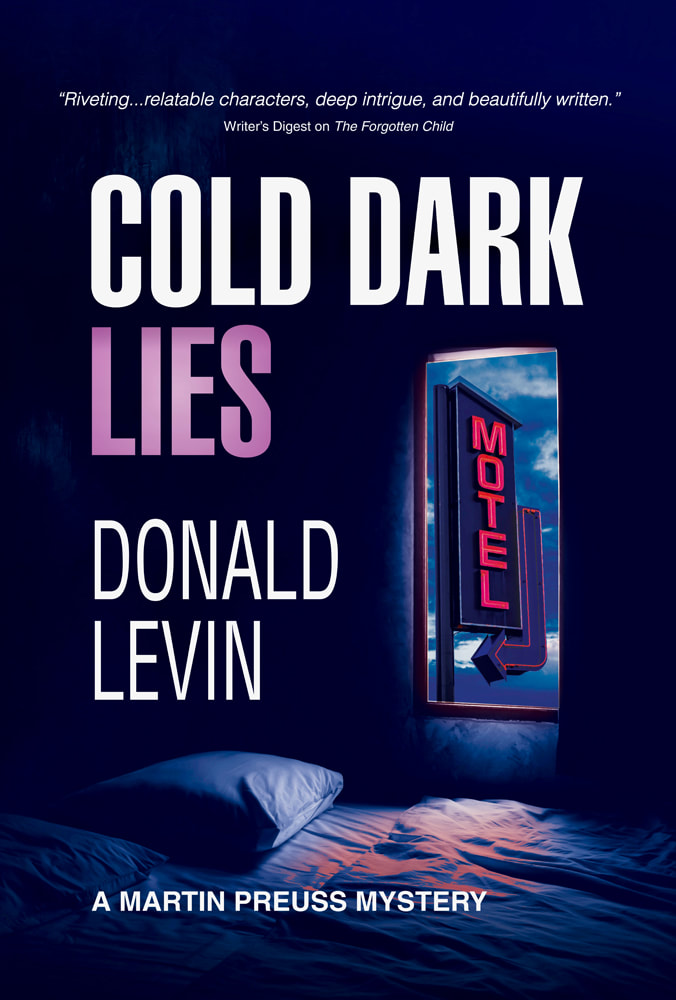


 RSS Feed
RSS Feed